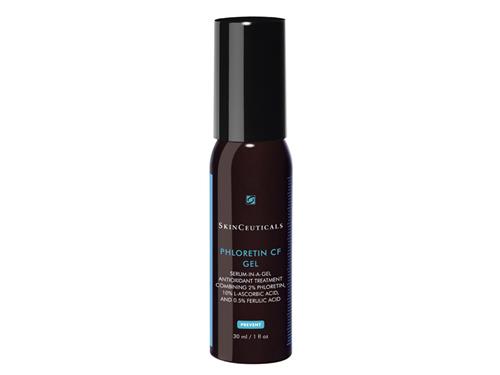The difference between a plastic surgeon, a facial plastic surgeon, and a cosmetic surgeon
As usual, you all ask such great questions! Most people are confused about plastic surgeons and think they are all trained the same way. This IS confusing, because they aren’t! There are 4 different types of “plastic surgeons.” You really need to ask them directly what they are board certified in, or go to a website that can independently confirm their board certifications. Certification by the American Board of Plastic Surgery is what you’re looking for if in the USA. Here are the various kinds of surgeons in the field we’re talking about, the experience required for that title, and what they’re best at.
- Plastic Surgeons
(6-7 years after internship training)
These are well trained to work on the face or body, but often have an area they specialize in. For example, if a plastic surgeon does mostly breast work, you may not want him/her doing your facelift. Ask your doctor what they’re best at. Some plastic surgeons are honest about this and some aren’t. - ENT Facial Plastic Surgeons
(5-6 years after internship training)
Well trained to work on the head and neck area, including facelifts and eyelifts (blepharoplasty). - “Cosmetic” Surgeons
(1-2 year after dermatology or other residency)
Generally NOT well trained, in my opinion. Avoid, if possible. - Oculoplastic surgeons
(1-2 years after opthomology residency)
Well trained for work around the eyes and eyelids only.
Avoiding Complications from Facelifts
Each surgeon will explain to you her/his own take on this and complications. In general though, complication rates are linked to how many times a surgeon does a specific procedure. So, look for surgeons who do a lot of one procedure. I really recommed getting at least 2 opinions when facial plastic surgeons are consulted. And, if they disagree on their approach, get a 3rd opinion. Also, make sure your surgeon is a board certified plastic surgeon or facial plastic surgeon.
The Artistry of Facelifts
Science, technique, practice and art all are important here. Some surgeons are so known for a particular look that people can identify that look with a casual glance. Here’s where the surgeons before and after pictures may help you. Keep in mind that surgeons only show their best results. A good thing to ask is, “What percentage of patients get this result?” And see what he/she says.
Hope this helps, Dr. I
















